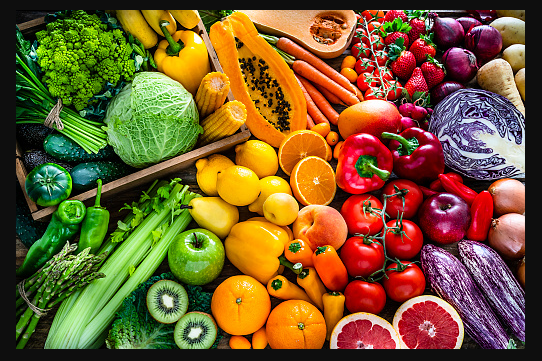Dorcas Omidoyin
As women progress through different life stages, their nutritional needs evolve, requiring careful attention to ensure optimal health and well-being. From the unique demands of pregnancy to the transitional phases of menopause and post-menopause, here is a guide to healthy eating and nutrition tailored to each stage.
1. Pregnancy: Fueling the Miracle of Life
During pregnancy, a woman’s body goes through significant changes as it nurtures a growing baby. Proper nutrition is essential for both mother and child. Focus on:
- Folate and Iron: These nutrients are critical for fetal development. Leafy greens, beans, and fortified cereals provide ample folate, while lean meats and beans are rich in iron.
- Calcium: To support the development of your baby’s bones, incorporate dairy products, fortified plant-based milk, and leafy greens into your diet.
- Protein: Ensure adequate protein intake from lean meats, fish, eggs, dairy, or plant-based sources like tofu and legumes.
- Fiber: Combat pregnancy-related constipation with whole grains, fruits, vegetables, and plenty of water.
2. Menopause: Navigating Hormonal Changes
Menopause brings hormonal fluctuations and potential health challenges. Proper nutrition can help ease symptoms and promote overall well-being:
- Calcium and Vitamin D: Counter bone loss by increasing calcium-rich foods (dairy, fortified plant-based milk, leafy greens) and ensuring adequate vitamin D intake through sunlight or supplements.
- Fiber: Manage weight and support digestive health by consuming fiber-rich foods like whole grains, fruits, and vegetables.
- Omega-3 Fatty Acids: Reduce the risk of heart disease by including fatty fish (salmon, mackerel) or flaxseeds in your diet.
- Soy: Incorporate soy products like tofu and edamame, which contain phytoestrogens that may alleviate some menopausal symptoms.
3. Post-Menopause: A Focus on Longevity
After menopause, maintaining good health remains a priority. Embrace these dietary strategies:
- Lean Proteins: Opt for lean meats, poultry, fish, and plant-based protein sources to support muscle health.
- Antioxidant-Rich Foods: Combat the effects of aging with antioxidants found in berries, nuts, dark leafy greens, and colorful vegetables.
- Portion Control: As metabolism tends to slow down, be mindful of portion sizes to manage weight.
- Hydration: Stay well-hydrated, as aging bodies may have a reduced sense of thirst.
Throughout these stages, individual dietary needs may vary, so it’s essential to consult with a healthcare professional or registered dietitian for personalized guidance. Remember, a balanced and varied diet, complemented by regular physical activity, forms the foundation for a healthy life journey. By nourishing your body with care and attention, you empower yourself to thrive at every stage of life.


One Response
Every woman needs to see this